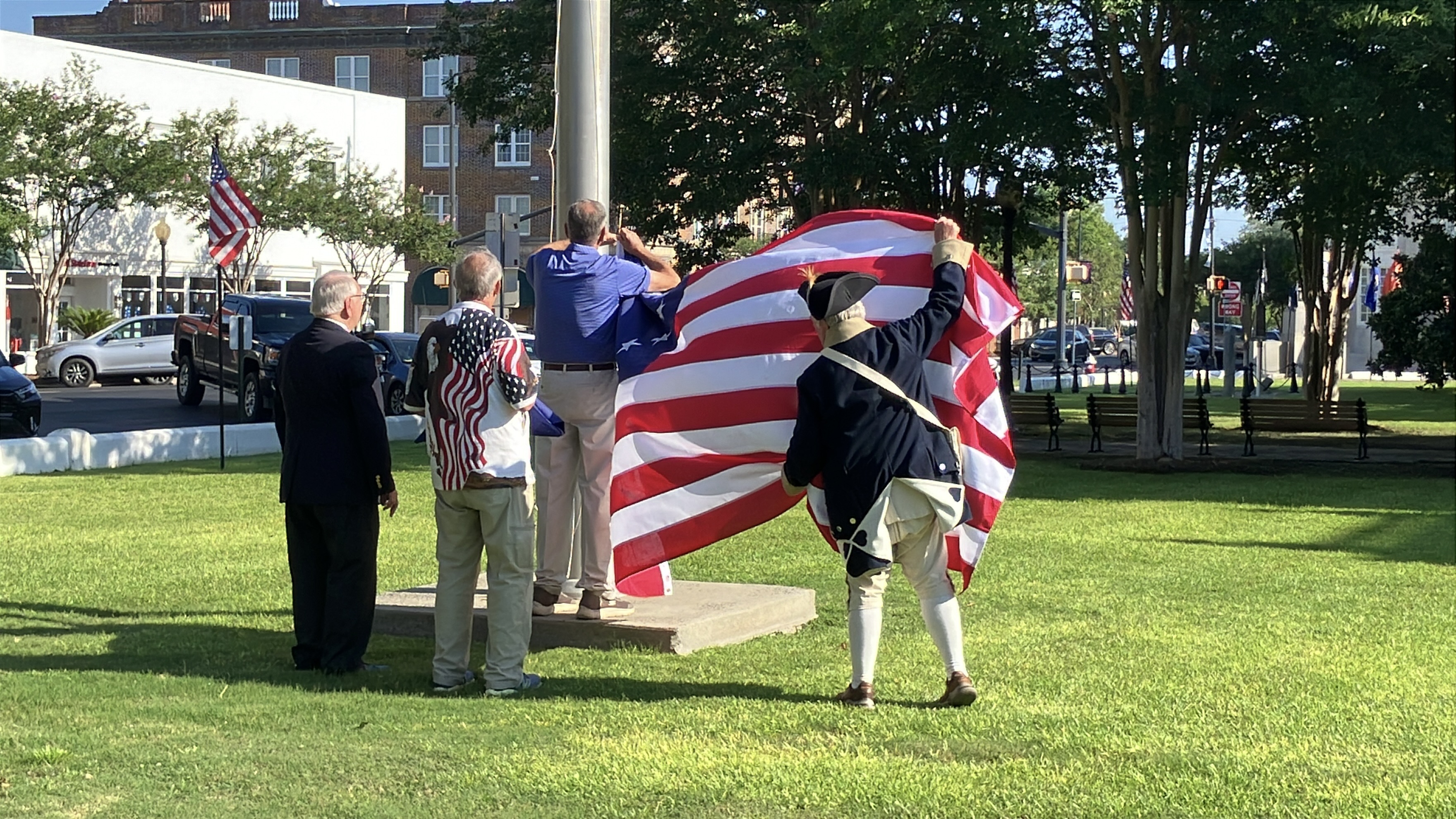EDITORIAL: Census question could hurt Colquitt County
Published 2:22 pm Thursday, April 25, 2019
The U.S. Supreme Court heard arguments this week about whether the U.S. Census can ask respondents if they and their family members are citizens.
Commerce Secretary Wilbur Ross — whose job includes deciding what questions the census will ask — added the question of citizenship upon the request of the Justice Department, which said the information would help enforce the Voting Rights Act.
Opponents to the question make two points, both of which are probably true.
First, the census is designed by law to count everyone, whether they are citizens or not, and there’s plenty of evidence that some non-citizens would not fill out the census form if it asks that question. That would result in an undercount, and that undercount would particularly affect areas with lots of immigrants — legal or otherwise — and areas with a large Hispanic population.
Second, the opponents claim the reason Ross gives for asking it is false. They note the citizenship question hasn’t been on the census form since 1950, almost 20 years before the Voting Rights Act was passed, and the Justice Department has been enforcing the act all these years.
The question is whether those points matter in the eyes of the law. On the surface, at least, Ross would appear to have the authority to ask the question at the heart of this matter.
We just wish he wouldn’t.
In 2000, Colquitt County’s population was 42,053 according to that year’s census. Ten years later, it had grown to 45,498 — a growth of 3,445 people. But of those 3,445 new people, 3,209 were of Hispanic or Latino origin.
Nearly all of the county’s population growth between 2000 and 2010 came among Latinos. One reason for that was an extraordinary effort, led by the Archway Partnership, to ensure as many residents as possible were counted in 2010 — with an emphasis on Latino immigrants, a group that has the reputation for avoiding being identified. People who may have been here in 2000 but were “flying under the radar” got counted in 2010.
Including the question of citizenship on the census has the potential to send those people back “under the radar.”
This isn’t a simple matter of counting, either. Several important things are dependent on population:
• While each state has two senators, the number of representatives is divided according to population. Growing states gain members of the House of Representatives, while those that shrink lose them. The more representatives a state has, the more power it has in Congress.
• Also, the more representatives a state has, the more electors it has in the Electoral College, which decides who gets to be president. The 2020 census won’t affect the 2020 election, but it will affect those in 2024, 2028 and possibly 2032.
• Voters at the state level cast ballots in districts that are defined by population. Shifts in population result in shifts in the districts for state senate and house seats. Areas with a growing population are represented by more state legislators, while shrinking areas are represented by fewer ones. When people live in an area but aren’t recorded as living there, it skews those population shifts and thus the area’s representation at the state Capitol.
• Many federal programs distribute grants based on population, so less populous areas stand to receive less money for local projects than areas with more people.
It is very much in Colquitt County’s interest to count every one of its residents. The citizenship question may well be legal, but if it inhibits an accurate count, it will not be beneficial to us.





